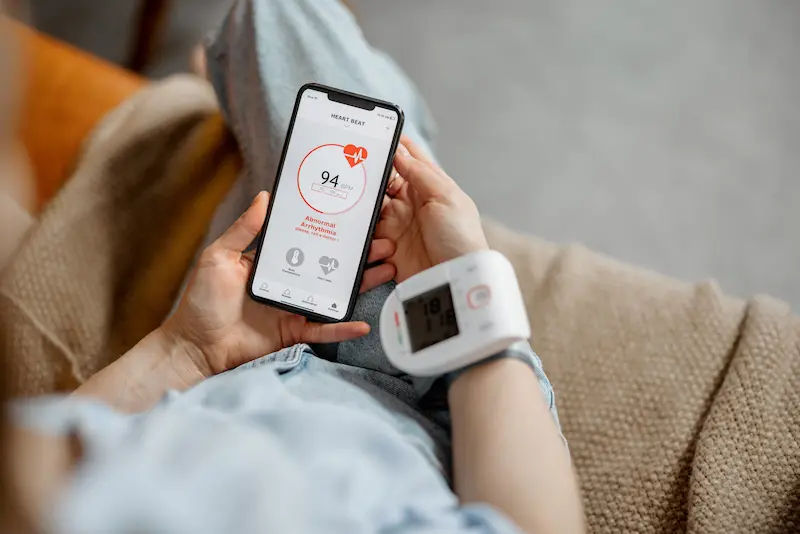- Male
- 31 Years
- 29/01/2025
I'm feeling a bit worried because all my tests like ECG, echocardiography, TMT, and CT coronary angiogram came back normal, but I'm still having symptoms every day. Could it be microvascular angina or maybe spasms in my arteries, or is it something else entirely?
Answered by 1 Apollo Doctors
Based on your normal test results and everyday symptoms, it is possible that you may be experiencing microvascular angina or spasms in the arteries. In such cases, medications like Nitroglycerin sublingual tablets can be helpful in relieving symptoms. The usual dosage is 0.3 to 0.6 mg sublingually as needed. Additionally, medications like Calcium channel blockers such as Amlodipine can also be prescribed to help with vasospasms. The typical dosage for Amlodipine is 5 to 10 mg once daily. It is important to follow up with your healthcare provider for further evaluation and management.
Dr. Kareemulla Suggests...
Consult a Cardiologist
Answered 04/07/2025
0
0

More Cardiology Health Queries
View allI've been experiencing this really uncomfortable feeling where it feels like I'm lifting some heavy weight right in the middle of my chest. It's like this pressure or tightness, and it happens a few times throughout the day. This has been going on for about 20 to 25 days now. I'm starting to get pretty worried. What could be causing this, and is there something serious I should be concerned about?
Lifting heavy weights can sometimes lead to muscle strain or even chest discomfort. The symptoms you are experiencing, such as heaviness at the center of the chest, pressure, and tightness, could be due to musculoskeletal strain or even acid reflux. To alleviate these symptoms, you can try taking over-the-counter medications like **ibuprofen** 400mg every 4-6 hours as needed for pain and inflammation. Additionally, you can take **omeprazole** 20mg once daily before breakfast to help with any acid reflux symptoms that may be contributing to your discomfort. Remember to avoid lifting heavy weights until your symptoms improve.
Answered by 1 Apollo Doctors
Do naturally occurring sugars contribute to heart disease?
The effects of added sugar intake include higher blood pressure, inflammation, weight gain, diabetes, and fatty liver disease which are all linked to an increased risk for heart attack
Answered by 1 Apollo Doctors
I'm wondering how often I should be getting an ECG and an ECHO done. I had them both last year and everything was normal at that time. Now that I've been recently diagnosed with type 2 diabetes, which is under control, and Im also taking a 25mg beta blocker to keep my blood pressure in check, do you think I should be repeating these tests anytime soon?
For a patient with well-managed type 2 diabetes and controlled blood pressure on a Betablocker, it is generally recommended to repeat an ECG and ECHO every 1-2 years to monitor cardiac function and assess for any changes. Since your last reports were normal and your conditions are well managed, you can discuss with your healthcare provider about scheduling these tests every 1-2 years to ensure everything remains stable.
Answered by 1 Apollo Doctors
Disclaimer: Answers on Apollo 247 are not intended to replace your doctor advice. Always seek help of a professional doctor in case of an medical emergency or ailment.




